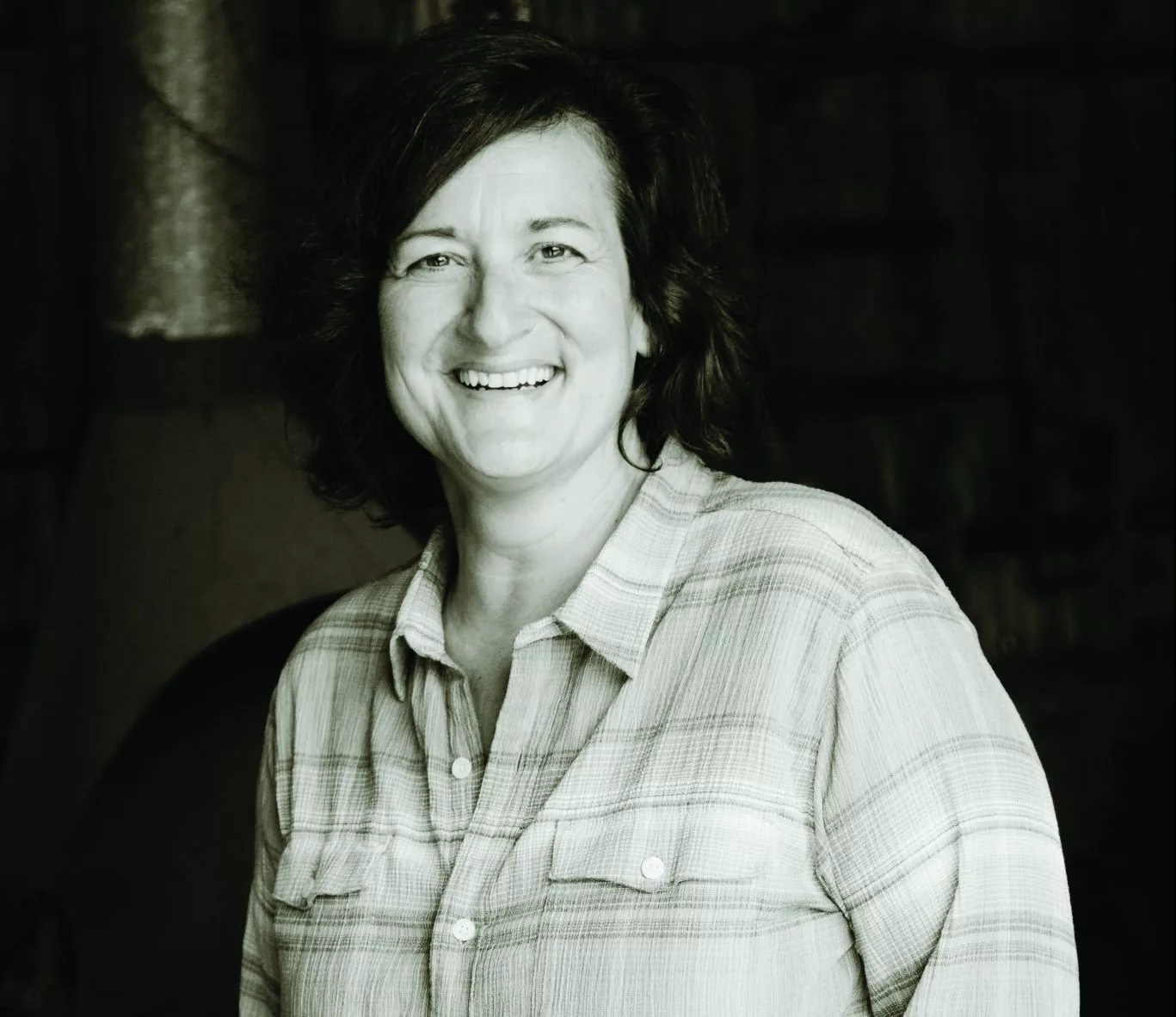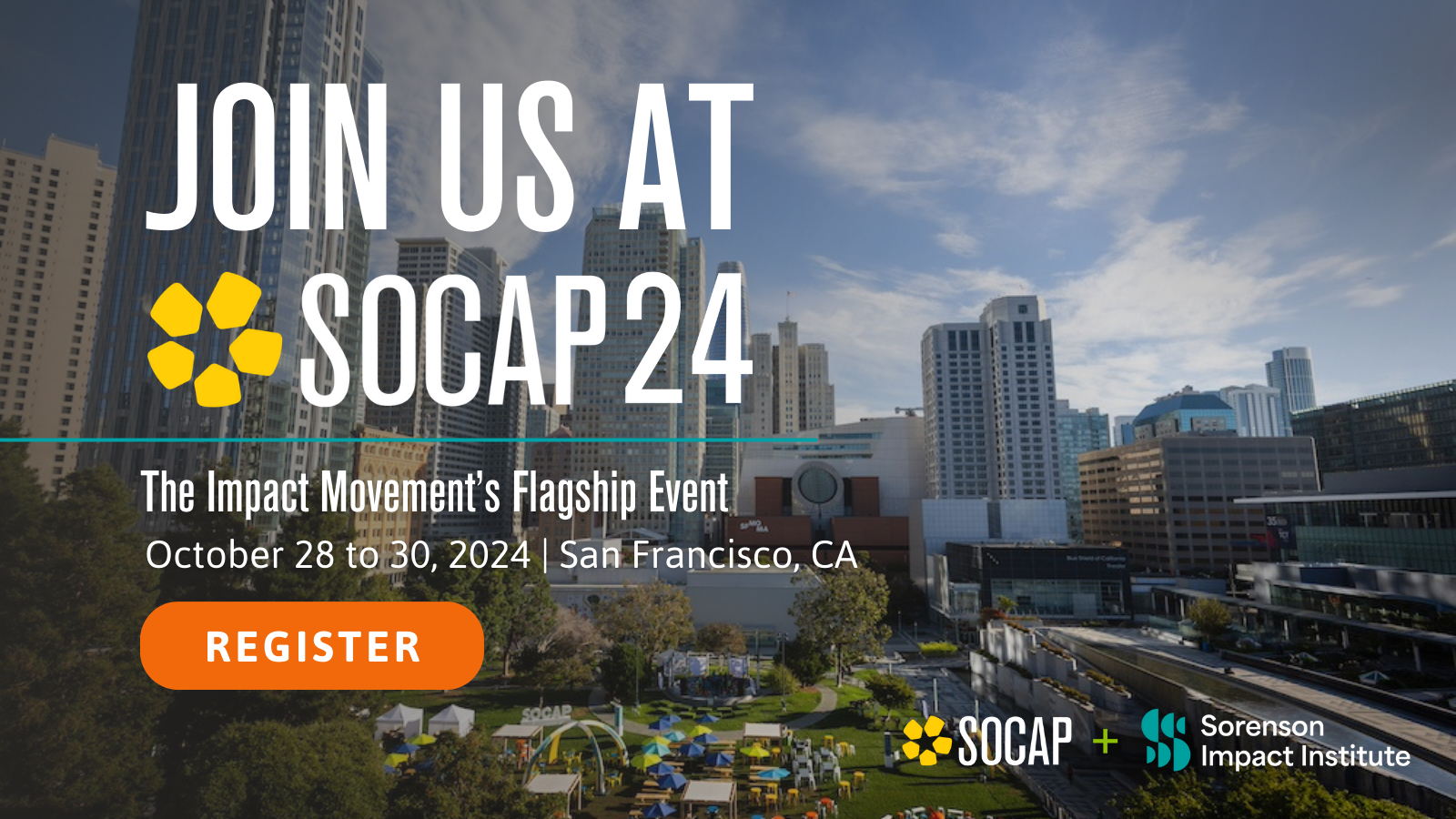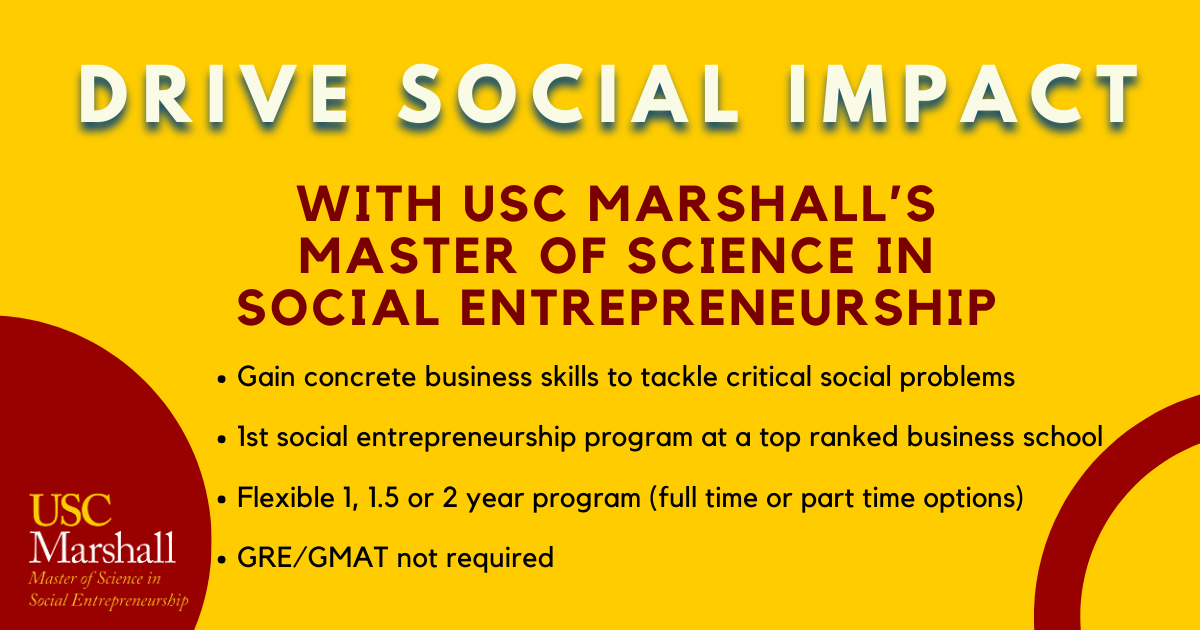Patagonia Inc. might be the world’s best example of a successful conscious company. Since its founding in 1973, the privately owned outdoor apparel maker has been a pioneer in treating its employees well, caring for the environment, and making a profit while doing good.
While Patagonia is most well-known for its rugged outdoor clothes, these days its family of ventures includes a food company (Patagonia Provisions), a $42 million venture fund (Tin Shed Ventures), a small media company, and more, all tied to the common goal of using business to inspire and implement solutions to environmental challenges. The company’s groundbreaking practices include becoming one of California’s first Benefit Corporations; donating millions of dollars to grassroots nonprofits; hosting annual trainings for activists in the US and Europe; building global supply chains around better-quality raw ingredients such as organic cotton, traceable down, and sustainably grazed wool; providing on-site childcare at its offices in Reno, NV, and Ventura, CA; and being one of the most politically engaged companies in the country.
In 2014, Rose Marcario took over as the CEO of Patagonia Works, the umbrella organization for all these initiatives, and has continued to expand the brand’s global impact. “This idea that business can only serve one interest — the shareholder interest — is so wrong-headed. It’s outdated,” she says. “We’re not going to have a world to live in if we continue to think that way. So, for me, it’s about making Patagonia as successful as possible to show that business can be a force for good; the example works.”
And boy, is it working. Under her tenure as COO and CEO, she quadrupled the company’s profits and revenues. And the company’s founder, Yvon Chouinard, has called her the best leader his company has ever seen. CONSCIOUS COMPANY’s Chief Product and Marketing Officer Aaron Kahlow sat down with Marcario at Patagonia Provisions’ Sausalito, CA, offices to talk about how she came to be where she is, what makes a good leader, and what the role of business needs to be in the modern age.
Interview with Conscious Leader Rose Marcario
What’s the story of how you got where you are as a leader?
Rose Marcario: I feel like I took a long time to get here. I grew up in a world where it was about making the most money that you could. I achieved success by my immigrant grandparents’ measure: a college degree and a professional job. I was CFO of a public company in Silicon Valley when I was in my 30s, and I thought I had arrived. At the same time, I was studying Buddhism and having a whole spiritual life that felt disconnected from my work life. It started to feel so disingenuous that I couldn’t figure out what to do next.
To be honest, I had kind of a midlife crisis. I quit my job, which was crazy because I was at the height of my career. I went to India. I meditated in a cave for a while. I thought about working for an NGO, or going deeper into my spiritual practice. Then I decided I should stay in my wheelhouse: I’m really good at making profits for shareholders. How could I convert that into something actually meaningful and good for people and the planet?
That question started a whole journey of discovery that led me to Yvon Chouinard, because he’s the ultimate responsible businessman. Everyone told me that Yvon hated bankers; I had done a stint in private equity after Silicon Valley, but we had a great conversation and we liked each other. I was skeptical that Patagonia was going to be all it was cracked up to be, but what I found was so much more than what the company was even known for.
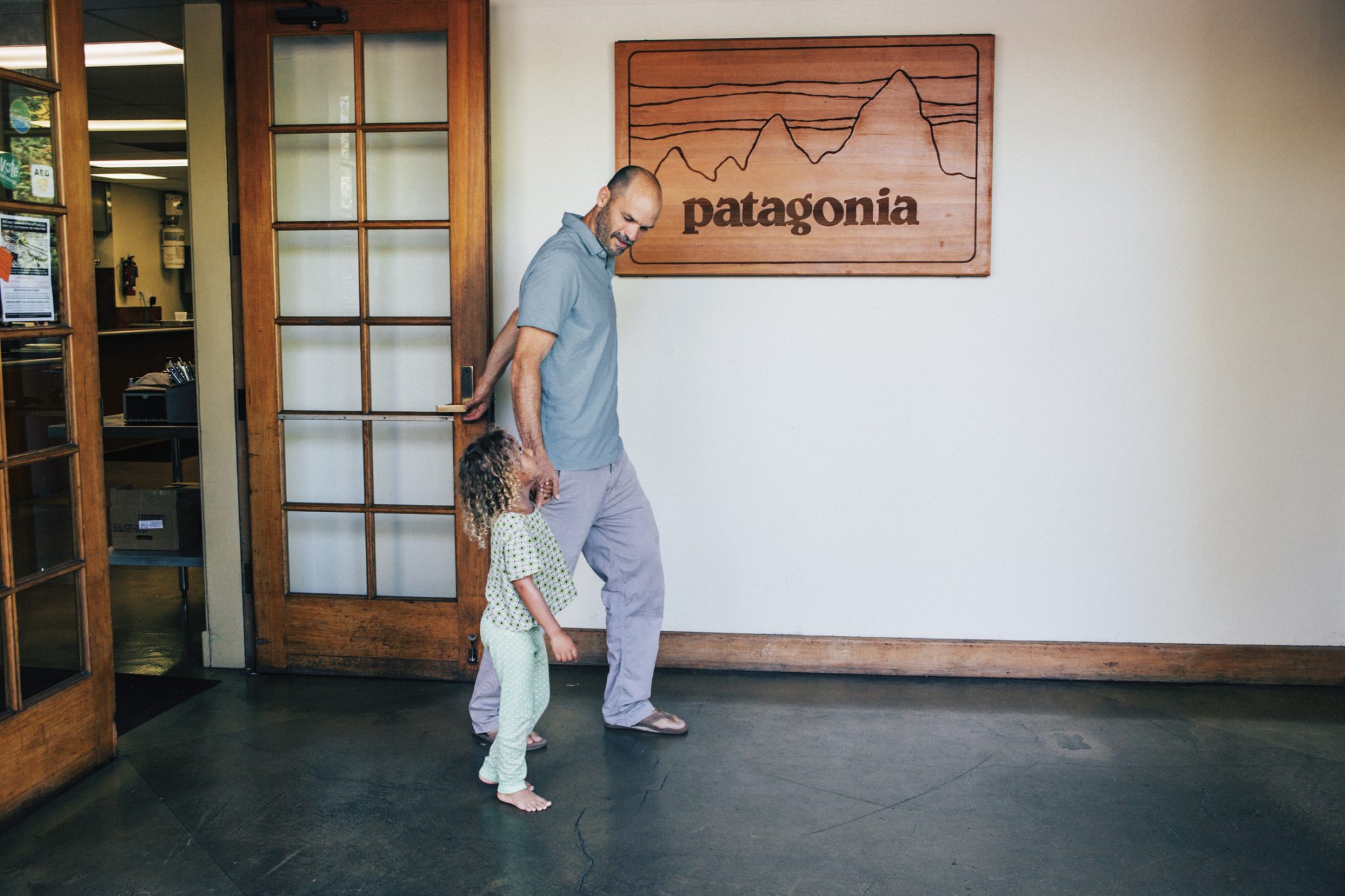

Patagonia employees can easily see their children during the work day thanks to the company’s on-site childcare. Photo by Kyle Sparks
What was the trigger for that moment when you quit your job?
RM: Getting much deeper into my spiritual practice and starting to feel this huge divide between how I was spending the majority of my time and what kind of an impact I wanted to be having in the world. Once you make a certain amount of money and security, I think that question becomes even more powerful.
I had a moment where I was in a car in New York, and this homeless guy was taking a while to cross the street. He was holding up my car and I was getting agitated by it. I saw my reflection in the car window, and I thought, “I don’t even like who this person is anymore.” I got out of the car and I walked to Central Park because I wanted to be around some nature. That was a moment of going, “Well, this is a choice now. I’m making choices. What am I going to choose to do with the rest of my life that’s going to have meaning?”
I’m curious how you went from finance to executive leadership, because there’s a big gap between managing the numbers and managing the business. How did you make that transition?
RM: When I was in finance, I always was much more operationally-minded than financially-minded.
So you just happened to be in finance by default, or education?
RM: Yeah, and I also happened to be in finance because “people in finance make a lot of money.” I would actually say a thing like that back then. But I think the best CFOs are always more operational than they are completely zeroed in on the numbers, so I always had that view of the business. That naturally evolved at Patagonia. I was the CFO when I started, and then I was the COO and had a lot more control of the operations, and then I became the CEO. It was a natural evolution. Actually, when I left Silicon Valley, they were asking me to be the president of the company, but at the time I couldn’t do it. I felt like I would be burying myself deeper into a model I wasn’t totally bought into.
What’s your advice to those in leadership positions who aren’t quite happy? How do they find greater purpose?
RM: The biggest issue is finding companies that align with your values. If you’re in a situation where you’re not value-aligned, then you have to focus on what change is possible. You can always do something. You can always push the boundaries and try to raise awareness and consciousness wherever you are. It’s easier when things are value-aligned.
What are your values? What guides you in the process of reconciling your own life with the decisions you have to make in business?
RM: That’s a long conversation, but the values I try to bring to work are about this belief that people and planet and meaningful work can all work together in a healthy, synergistic ecosystem. Those are the things that will move the world forward.
At the very top of the pyramid is the idea that we live in an interconnected world. Your actions — as a business and as a person — affect the world profoundly. To the extent that you’re focusing on hatred, ignorance, and greed, which in Buddhism they call “the three poisons,” you’re not making the world a better place. It’s kind of the Golden Rule. It’s treating people as you would want to be treated. At Patagonia, that translates into recognizing that our employees are people who have families and that those families deserve just as much consideration as the work we’re doing.
At Patagonia you consider yourselves activists, while most organizations shy away from that label. What do you say to all your fellow CEOs out there who aren’t really being activists? What should they be considering?
RM: I’ve seen a lot of CEOs of major companies — Nike, General Mills — step up and sign the carbon pledge and say that we should stay committed to the COP21 goals. This is a time for business to have a voice beyond the narrow world of whatever our products are. Patagonia has always done that. It’s a core value of our founders. At the heart of everything they wanted to do was protecting wilderness.
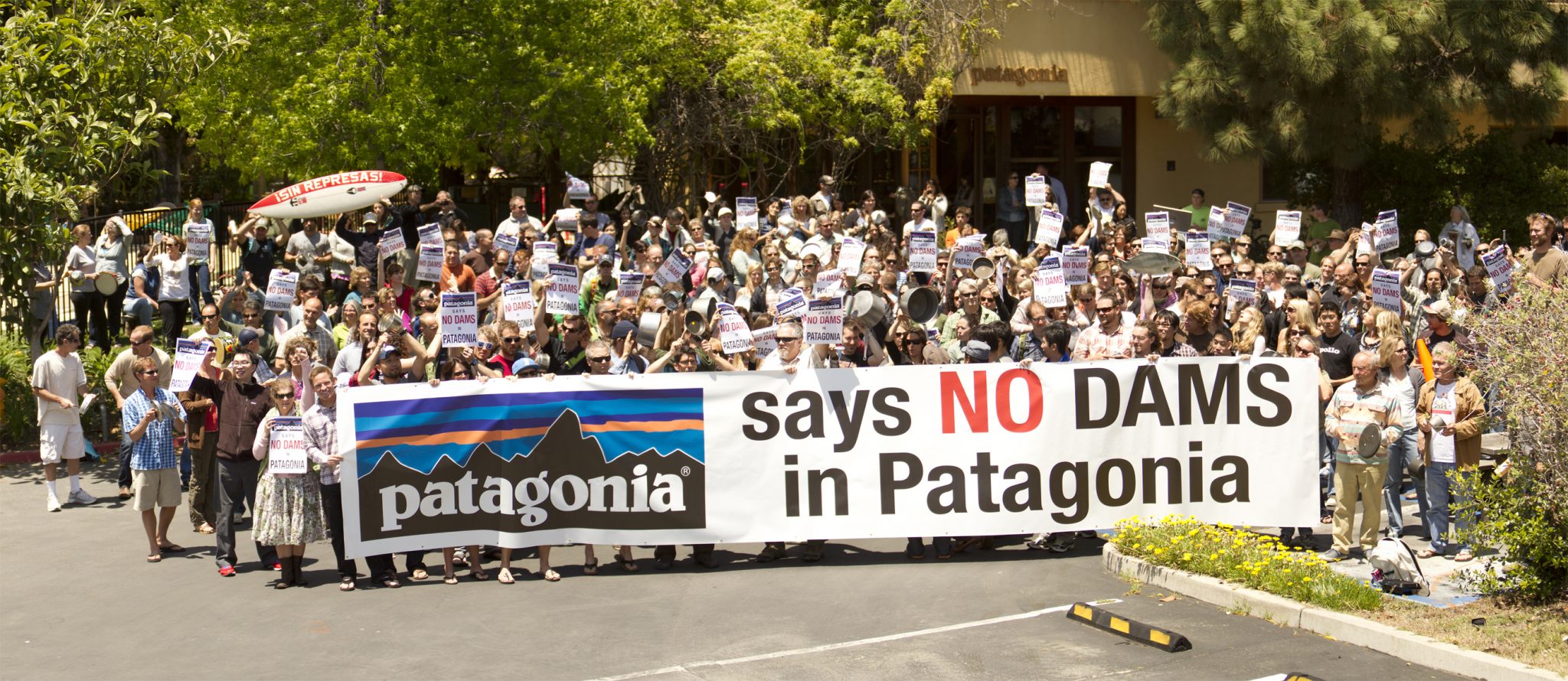

Patagonia funded the award-winning documentary film “Damnation” as part of its environmental advocacy. Photo by Tim Davis.
As long as you stand for something, your customers and your tribe will follow you. Sure, there will be some people who won’t want to buy our product because of a stand that we take on an issue, but that’s okay. They get to vote with their dollars. We had a lot of people vote on Black Friday . It was the biggest day of sales we’ve ever had. That was a great example of people voting with their dollars and saying, “We care about these issues.”
I think other CEOs need to know what they stand for. And this new generation wants you to stand for something. If you don’t stand for something, you don’t stand for anything. As many punches as I’ve taken about all kinds of stands I’ve taken publicly, I would do it again in a minute. It’s the right thing to do. At the end of the day, you want to live your life having done what you believe is the right thing to do, and not having taken some generic stance or the safe route. That’s just boring and ineffective.
If you were to say one thing to all these other CEOs out there, what would be your call to action?
RM: We need a radical revolution, and we need to scale on that radical revolution. We can see what’s happening in Washington right now: the desire to have less transparency, the desire to negate science, the desire to hobble organizations that protect air, water, and soil. If we don’t speak up, we’re not going to have businesses to run in 50 years, we’re not going to have a planet we want to live on, our employees are not going to have healthy lives.
At Patagonia, I’ve done a lot to scale the company in the last five years. We’re approaching $1 billion. It’s pretty big in terms of what we’ve been able to effect through our venture fund, through our multiple businesses. But more people need to join in from an environmental perspective. I’m starting to see it, but we have to be bold, because right now we basically have this generation to do it in. If we don’t, if we just sit back and do nothing or we’re passive, that’s going to mean the destruction of the environment and the ecosystem. If we work together as businesses, I think we can impact the world in an incredibly positive way. Business could be the biggest positive agent for change — without compromising financial results.
Our financial results are better than most of our public competitors’. That says it’s possible. The business case is there. Maya Angelou said that if you’re going to cultivate one virtue, you should cultivate courage, because it’s the one you need to cultivate all the other ones. That is very much in need right now.
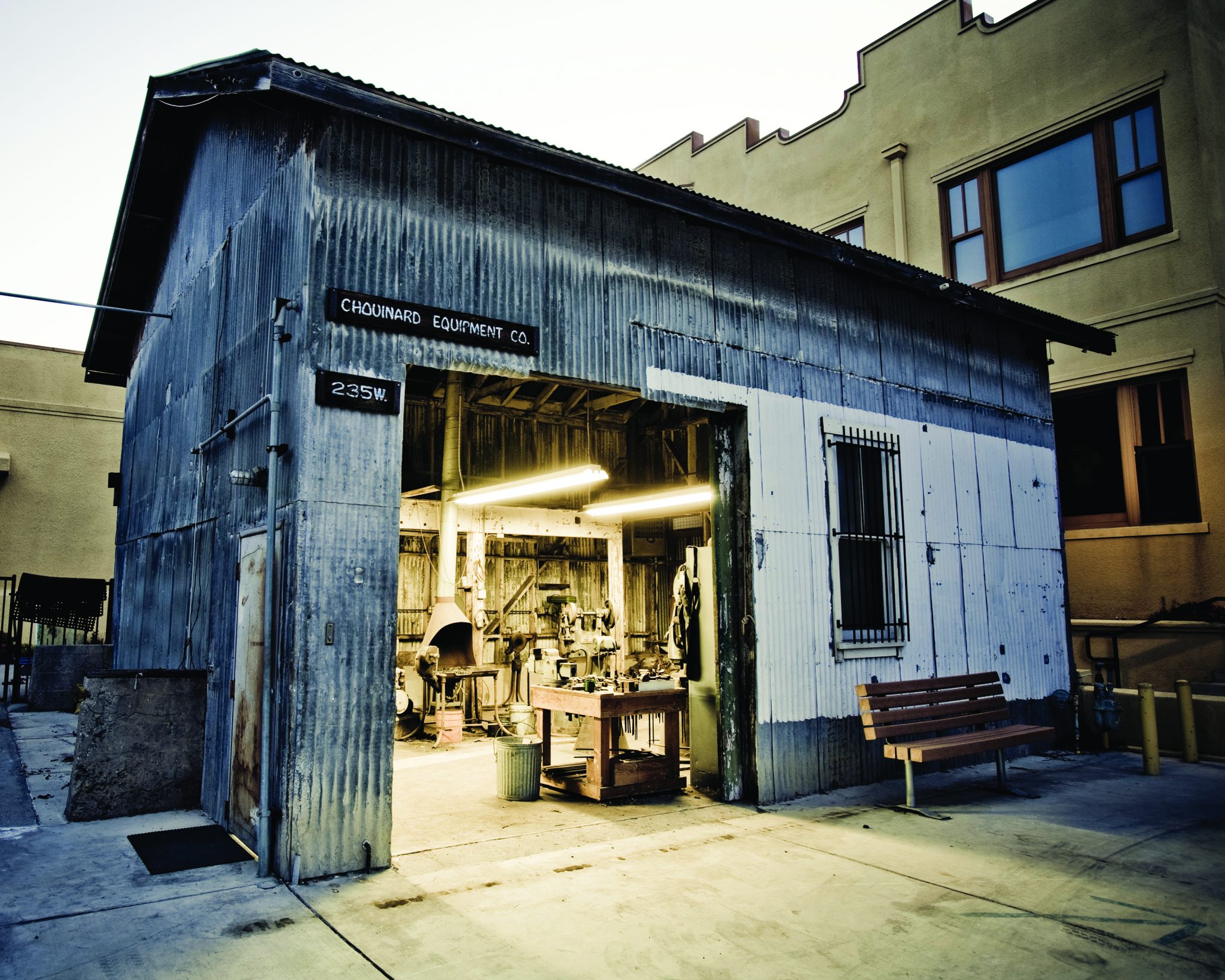

The original tin shed where founder Yvon Chouinard began making equipment still inspires employees at Patagonia’s headquarters and gave its name to the company’s VC fund, Tin Shed Ventures. Photo by Tim Davis
For a CEO, part of the journey is obviously getting better and improving oneself. What are the things you’re working on within yourself right now?
RM: The company has gotten a lot bigger in the last five years, so I have to do a better job of letting go of more and letting other people take the reins. I’m working on that. I’m also working personally on having more balance in my life, because it’s hard when you’re a CEO to not get wrapped up in working 24/7. I’m working on creating a certain amount of psychic and spiritual balance, and I do that through meditation. But I haven’t been able to go on any long retreats in a long time.
The balance piece is a common challenge for a lot of us out there; what are some of the things you’re trying to implement?
RM: Meditation saves my life every day. I meditate first thing in the morning; it’s the first thing I do. And I meditate at night when I get home; it’s the first thing I do then, too. It bookends my day. When I can, I meditate with other people, but if I can’t do that, I carve out the time anyway. It’s something you can do anywhere. You just bake it into your day. I look forward to it — it’s not a grind. It really does help.
You’ve got the practice, you’ve got your values. How does that play into the tough moments?
RM: I think one of the toughest moments I’ve had as CEO was when a video was released from a wool ranch we used; there was some animal cruelty going on in a slaughtering operation. Petitions from PETA were rolling into my email. It wasn’t really connected to our fiber purchasing, but it was happening in a place where we got our wool, so we should have looked at it more carefully.
We normally don’t dump our suppliers; we work to fix the problems because that’s the way the problems end up ultimately getting fixed in the supply chain. In this case, though, there was a very broad network of farms and we felt like we could not get our arms around everything that was happening. It was also in South America and we just didn’t have the resources to do it, so we decided not to take supply from those suppliers. That was a really hard decision because those ranchers were people who made a living from our products. But at the same time, we didn’t feel like we could give our customers the assurances that the animal welfare issues were being handled appropriately.
How do you get clarity yourself when you’re sitting amidst this data and various opinions?
RM: You never have all the information when you’re making hard decisions. It helps to have a practice where you’re used to looking within and getting comfortable with whatever that answer is. I guess it’s easy to say “you trust your gut instinct,” and I basically make every decision that way, but that’s tied to actually having a practice where you’re used to going inside and you feel confident.
What is it like working with the founder of the company, and how does that dynamic play out?
RM: No one else will ever be Yvon Chouinard. He’s the most iconoclastic person I’ve ever met, and he’s an amazing human being. He’s a character. I’m not him and he’s not me, but we work well together because I think I’m able to scale his radical revolution in a way that he feels is consistent with his values. We’re very value-aligned. We don’t always agree on how to do things. He’s very critical, which is true of a lot of founders, but I appreciate his knowledge. He’s been at it for 42 years. If I have a problem, I can go to him and get a point of view that’s really helpful for me in running the company. He always brings me real nuggets and great insights, and he’s not overly controlling about the way he does that.
What is the formula that makes you guys work so well together?
RM: We have different strengths. He is very, very entrepreneurial, product-oriented. He’s always trying to fix something to make it better, in terms of product. He’s been looking at outdoor products for 40 years, so he knows that really well.
Both of us like things to change. We’re always pushing for evolution. We’re not afraid to change direction, we’re not afraid to take a risk. And both of us are very curious people. We read a lot. We dig into things.
If I had to encapsulate what I’ve learned from him, it’s “lead by example.” What I’ve seen is that willingness to be the first one to do something takes a lot of courage. And he’s always encouraged me to do that.
Can you tell us about mistakes?
RM: The biggest decisions I’ve regretted have been hiring decisions, and now I spend a lot of time on hiring and talking to candidates, even a level below my direct reports. Because once you hire somebody, you’re married to them. I believe that if you have the most effective, inspired team, that’s really how you get amazing work done. You’ve got to have that, and you can’t be feeling like one person is just not carrying their weight or one person is not getting it, or whatever.
That’s another gut-check moment. One of the biggest things I’ve learned at the CEO level is that it’s better to act quickly. I’ve never said, “Wow, I wish I had waited longer to fire someone.” Because it’s time and energy that the company’s not getting to fulfill its mission.
How do you muster the courage to do what needs to be done? That’s where a lot of us run into a roadblock. The very prospect of that conversation itself gets in the way for a lot of us.
RM: Well, that’s why you need to cultivate the virtue of courage. In most cases, I would say is not a good situation for the person in question, either. I try to think about it in that way. Usually, anecdotally, things work out better for the person in the long run. They go off and find a better fit and a better culture and they’re more successful.
How are you handling the current political climate?
RM: I don’t think it’s good to disengage. I also think we have to put it in perspective. There have been a lot of difficult external situations in the world for decades and decades. I think of my grandparents; they came over as immigrants with no money, the Depression happened, they were struggling. My mother used to tell me about the day John Kennedy was shot and what a terrible, horrible day that was — and Bobby Kennedy and Martin Luther King — and this feeling that the country was being taken over by people who were willing to kill our leaders. There have been complicated times and challenging times all throughout history.
And there’s also a flipside of that, which is this incredible amount of compassion and kindness and care for the world and other people that also exists. That didn’t go away. In Buddhism they talk about treading the middle of that path, because all of it is existent at the same time. That’s the world that we live in.
The Tibetan monk Chögyam Trungpa Rinpoche said, “The arrival of chaos should be regarded as very good news,” and I think there’s some truth to that. It develops us as people. This situation is developing me as a leader. I see it even developing the people around me as they come to grips with what this means, as they deal with their own emotions. In most cases, the people working for us are environmentalists and are concerned. They all have children. They care about a future for their children. I think that gives us a powerful army of people.
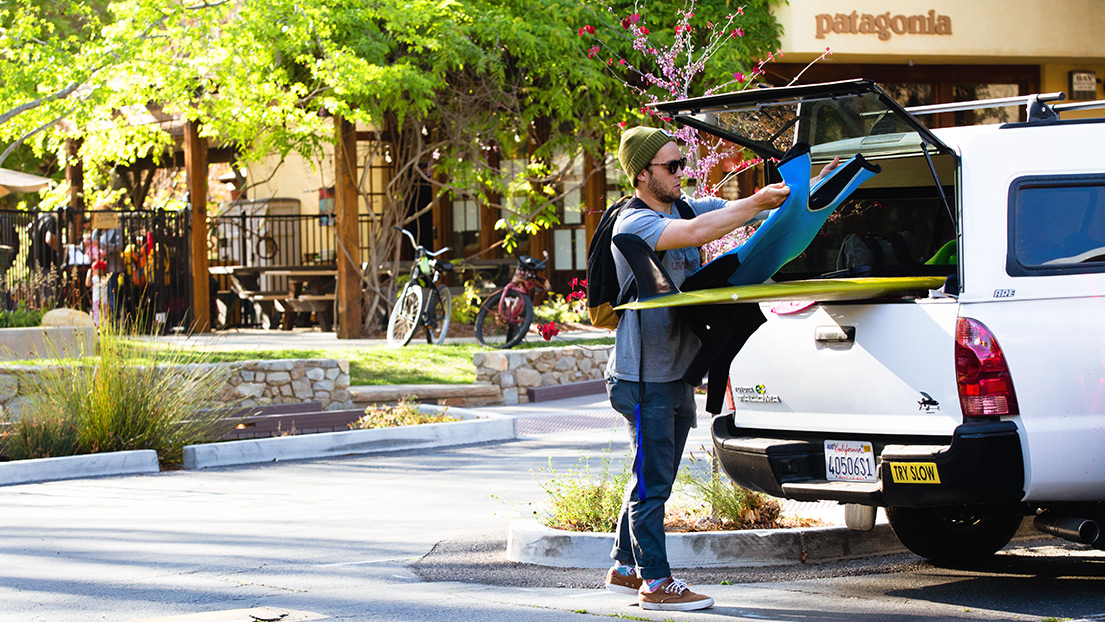

Patagonia famously prioritizes work-life balance, including taking surfing breaks during work. Photo by Kyle Sparks
What’s your advice to women in leadership?
RM: I don’t think you should imitate men and the way that men lead. When I was coming up, all I had were male CEOs to gauge what a CEO is. At a certain point, I just had to abandon that idea because I didn’t relate to them at all. What’s most important is developing your own value system, what you believe is right and wrong, your own style.
I have a good friend who’s a famous executive coach, and he said to me when I became CEO of Patagonia, “Do you want me to be your coach?” And I said, “I’ve been listening to old white guys my entire career.” I love him, and we’re good friends, but I said, “I just want to listen to myself. I want to go inside and trust the decisions I’m going to make. If I need support in talking through some of my decisions, I’ll call you, but I don’t really want advice.”
To go back to what we were talking about in the beginning, women understand that we live in an interconnected world. They bring that to the discussion. It’s critical to this conversation we need to have about business’s role long-term. Business is responsible for more than 60 percent of the pollution in the world. I think women can have a big role in solving those problems.
So tapping deeper into the natural strengths of what it means to be feminine and accentuating that versus having to tamp it down for the rest of the world?
RM: Or become an artifice of what you think a CEO is. I think Yvon is very much that way. If you meet Yvon, he’s not anything like what you would think of as a typical CEO. He’s a very humble man and he’s very accessible, kind, and thoughtful. I’ve learned a lot from watching him feel totally comfortable being himself in a world where most people in his role are doing something very, very different.
To be yourself, you have to know yourself. You have to be connected to yourself and what you think and feel, and take the time to understand that. For me, meditation has been a great practice. For others, it might be a sport or something else that connects them.
What gives you hope in the world?
RM: The global connectivity. Everyone’s freaking out about Trump right now, but the reality is we’ve never lived in a world with this kind of connectivity and ability to organize and activate. It’s incredibly powerful. We had more people at the Women’s March than have ever marched in anything globally, ever in recorded history. That was organized in a month. There’s an incredible amount of power there in terms of decentralizing power and activating people to work for causes they care about, and who aren’t devoted to specific kinds of corporate interests. They’re just good people who want a good life for their family and their community. I think that’s incredibly powerful. I’m super optimistic about that.
It sounds like you’re optimistic in general.
RM: Yeah. It’s funny, Yvon always says he’s pessimistic about the world and he basically feels that’s what spurs him to action. But I would say I’m optimistic and that also spurs me to action. I have to balance his pessimism a little bit.
